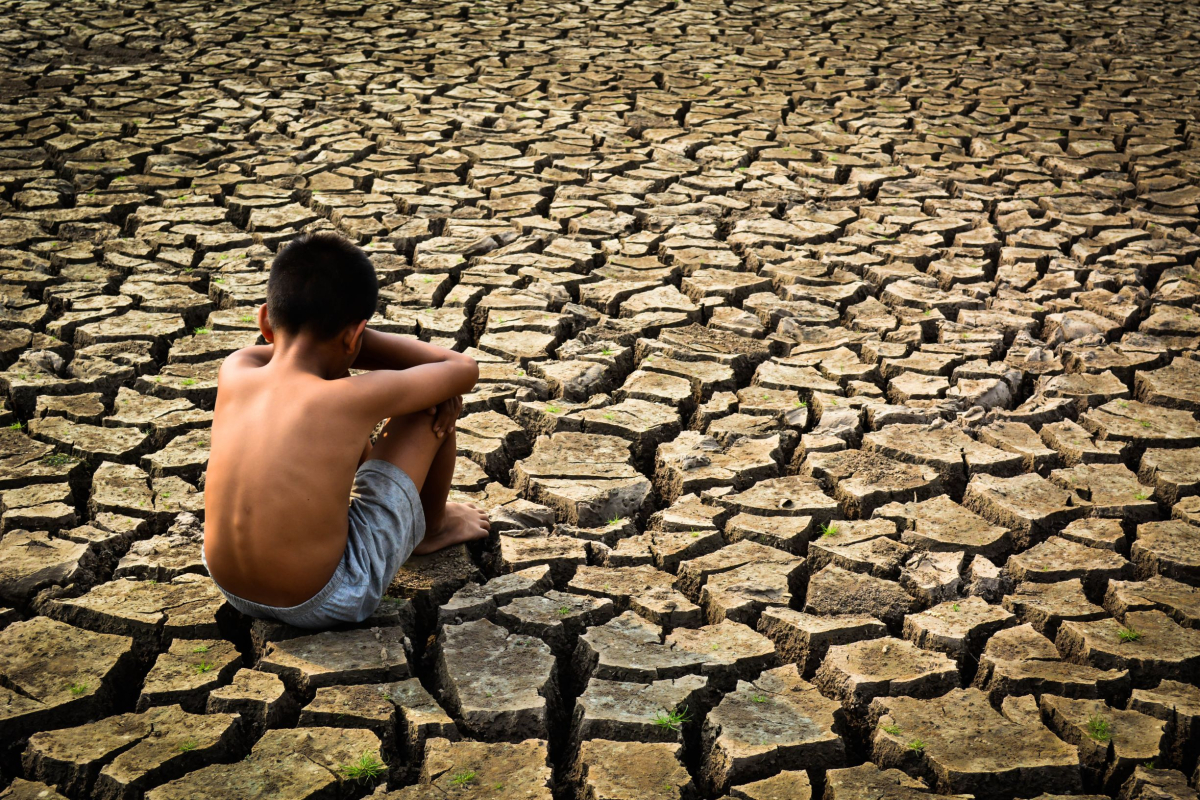Support strong Canadian climate journalism for 2025
The current coronavirus pandemic is greatly exacerbated by the global water crisis and adds urgency to the fight for the human right to water.
Even before COVID-19 struck, the United Nations called water scarcity “the scourge of the earth.” At current rates of depletion and pollution, by 2025, two-thirds of the world’s people are likely to be living in water-stressed areas. Every day, more than two billion people around the world are forced to drink contaminated water. Diarrhea caused by contaminated water and poor sanitation kills a child under five years old every two minutes.
And the harm is not confined to the poor countries of the global South. More than two million people in the United States lack running water and basic indoor plumbing, and a report by Food and Water Watch found that 15 million Americans had their water shut off in just one recent year due to an inability to pay mounting water bills.
Enter the pandemic. According to health experts, one of the most important things we can all do to stop the spread of the coronavirus is wash our hands often, and well, with soap and hot water and keep our surroundings clean. But more than half the global population lacks access to somewhere to wash with soap and warm water. Three quarters of households, as well as nearly half of health-care facilities in developing countries, lack access to clean water on site.
The charity WaterAid says that the coronavirus pandemic exposes the vulnerability of people without access to water and warns that we should be fearful of what is to come in Africa and parts of Asia with this double crisis. Eighty per cent of the seven million residents of Dharavi, Asia’s largest urban slum located in Mumbai, India, have no running water. Human rights groups report that 36 million people in Mexico do not have regular access to water. The people of the Kibera slum of Nairobi, Kenya, share one pit latrine with as many as 150 others.
Aid agencies and governments are scrambling to provide emergency water and sanitation services to those without. Here in Canada, there are still more than 100 First Nations communities without access to safe, clean water and sanitation. The federal government has recognized that the lack of water and health care puts these communities in a particularly vulnerable situation and has targeted substantial funds and programs to First Nations. In the U.S., more than 90 cities have suspended their shut-off policies to combat COVID-19.
But none of this is sufficient to the crisis. Ten years ago this summer, the United Nations General Assembly adopted a resolution affirming that water and sanitation are fundamental human rights. Soon after, the UN Human Rights Council spelled out the obligations this placed on governments.
While the UN recognition of the human right to water did not immediately change life for those without access to water and sanitation, governments and aid agencies did start to take important steps. More than four dozen countries have now either enshrined the right to water in their constitutions or framed the right within national legislation.
However, the commitment to honour the human right to water is strongly undermined both by a lack of funds designated by governments and by the pollution, over extraction, diversion and mismanagement of the planet’s water sources. All the human rights in the world will not provide clean water where there is none.
While we fight COVID-19 with all our strength, we urgently need to protect and restore watersheds and provide access to clean, public water for all. The World Resources Institute estimates it would cost just one per cent of global GDP to invest in the infrastructure required to provide clean water for all by 2030. In Canada, safe water and sanitation in First Nations communities must move to the top of the political agenda, as must laws and practices to protect the precious water heritage of the country.
Surely it must be a key goal of a post-pandemic world to urgently protect and restore watersheds and to ensure water justice to the half of the world that does not have it. Let us not wait for another pandemic to address this travesty.






Comments